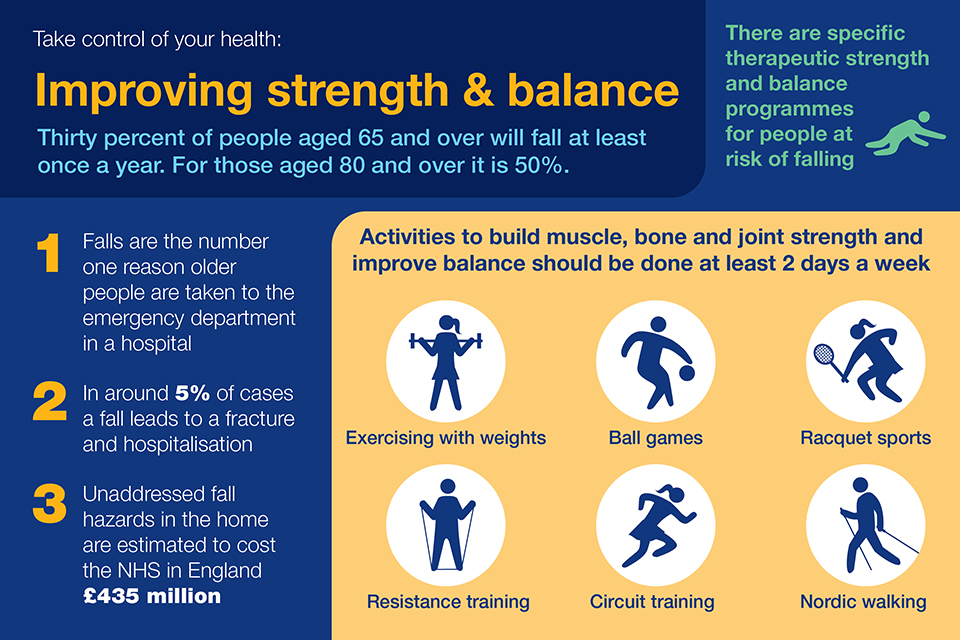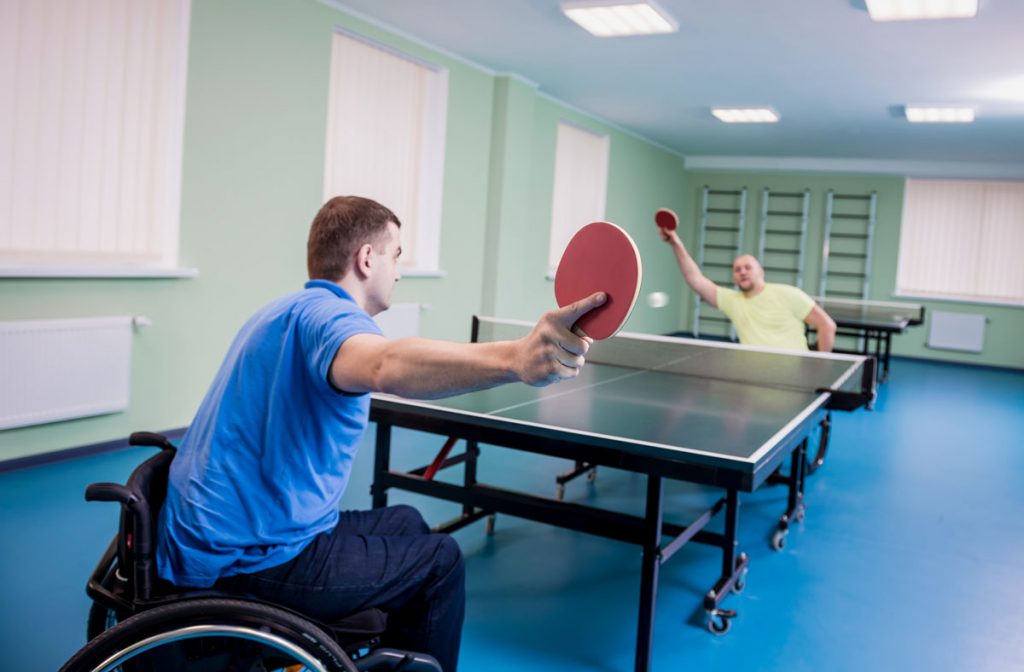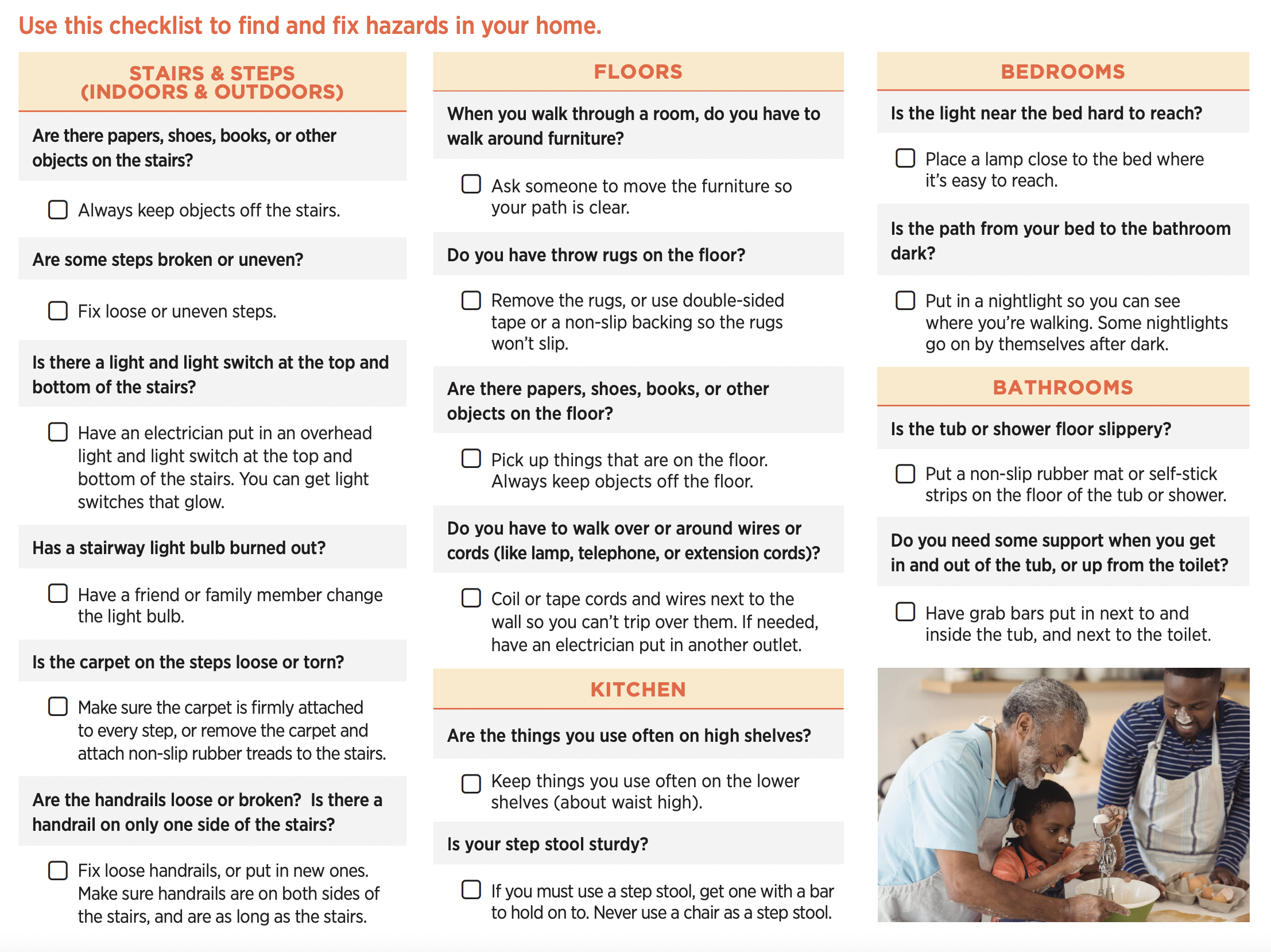The Definitive Guide to Dementia Fall Risk
The Definitive Guide to Dementia Fall Risk
Blog Article
Some Known Facts About Dementia Fall Risk.
Table of ContentsAll About Dementia Fall RiskDementia Fall Risk - An OverviewOur Dementia Fall Risk IdeasThe Definitive Guide to Dementia Fall RiskFacts About Dementia Fall Risk Revealed
Guarantee that there is a designated location in your clinical charting system where staff can document/reference scores and document pertinent notes related to fall prevention. The Johns Hopkins Loss Threat Analysis Device is one of lots of devices your team can make use of to assist avoid unfavorable clinical events.Patient drops in health centers prevail and incapacitating adverse occasions that persist in spite of decades of initiative to reduce them. Improving communication across the analyzing nurse, treatment team, person, and person's most included family and friends might strengthen loss avoidance efforts. A team at Brigham and Female's Healthcare facility in Boston, Massachusetts, looked for to develop a standardized loss avoidance program that focused around improved interaction and client and family members engagement.

The advancement team highlighted that effective application relies on individual and staff buy-in, assimilation of the program into existing operations, and fidelity to program processes. The group noted that they are facing exactly how to ensure continuity in program implementation during periods of dilemma. During the COVID-19 pandemic, as an example, a boost in inpatient falls was connected with limitations in person involvement together with limitations on visitation.
Top Guidelines Of Dementia Fall Risk
These cases are generally considered preventable. To apply the treatment, organizations require the following: Access to Loss suggestions resources Autumn suggestions training and retraining for nursing and non-nursing personnel, including new nurses Nursing workflows that allow for client and household interaction to carry out the falls assessment, guarantee use the prevention strategy, and perform patient-level audits.
The outcomes can be very damaging, usually increasing person decrease and triggering longer hospital remains. One research approximated keeps raised an added 12 in-patient days after a patient autumn. The Fall TIPS Program is based on interesting patients and their family/loved ones across three primary processes: analysis, customized preventative interventions, and bookkeeping to ensure that patients are involved in the three-step autumn avoidance procedure.
The client analysis is based on the Morse Fall Range, which is a validated loss danger assessment device for in-patient health center settings. The range includes the six most usual reasons patients in health centers fall: the patient loss history, high-risk problems (consisting of polypharmacy), use IVs and other external tools, mental standing, stride, and wheelchair.
Each danger variable relate to several workable evidence-based treatments. The useful link nurse develops a plan that includes the interventions and shows up to the treatment team, individual, and family on a laminated poster or printed aesthetic aid. Nurses create the plan while consulting with the patient and the individual's family.
Indicators on Dementia Fall Risk You Should Know
The poster acts as a communication device with other participants of the client's care group. Dementia Fall Risk. The audit element of the program consists of examining the individual's understanding of their danger elements and prevention plan at the device and hospital degrees. Nurse champions perform a minimum of 5 private interviews a month with patients and their family members to examine for understanding of the autumn avoidance plan

An approximated 30% of these drops cause injuries, which can vary in severity. Unlike other unfavorable events that require a standard professional response, fall avoidance depends highly on the needs of the person. Consisting of the input of individuals that understand the person best allows for greater personalization. This technique has actually confirmed to be extra effective than fall prevention programs that are based mostly on the manufacturing of a danger rating and/or are not personalized.
Dementia Fall Risk for Dummies

Based on auditing outcomes, one site had 86% compliance and 2 sites had over 95% conformity. A cost-benefit analysis of the Autumn pointers program in eight health centers estimated that the program expense $0.88 per patient to carry out and caused cost savings of $8,500 per 1000 patient-days in straight costs associated with the avoidance of 567 tips over three years and eight months.
According to the technology team, companies interested in carrying out the program needs to conduct a readiness analysis and falls avoidance voids analysis. 8 In addition, companies must click to read more ensure the needed framework and process for execution and establish an execution strategy. If one exists, the organization's Loss Prevention Task Force ought to be included in planning.
Getting The Dementia Fall Risk To Work
To begin, organizations ought to make sure completion of training modules by nurses and nursing assistants - Dementia Fall Risk. Healthcare facility personnel should assess, based upon the requirements of a health center, whether to utilize an electronic wellness document printout or paper variation of the autumn prevention strategy. Applying teams should hire and train nurse champs and establish procedures for auditing and coverage on autumn data
Team need to be associated with the procedure of revamping the process to engage individuals and household in the assessment and avoidance plan procedure. Solution ought to remain in location so that units can recognize why an autumn happened and remediate the cause. Extra particularly, nurses need to have channels to provide recurring comments to both team and system management so they can readjust and enhance loss avoidance operations and interact systemic issues.
Report this page